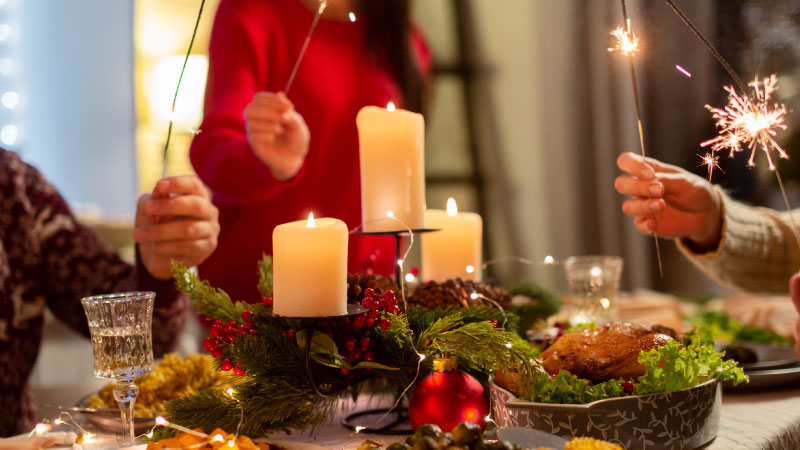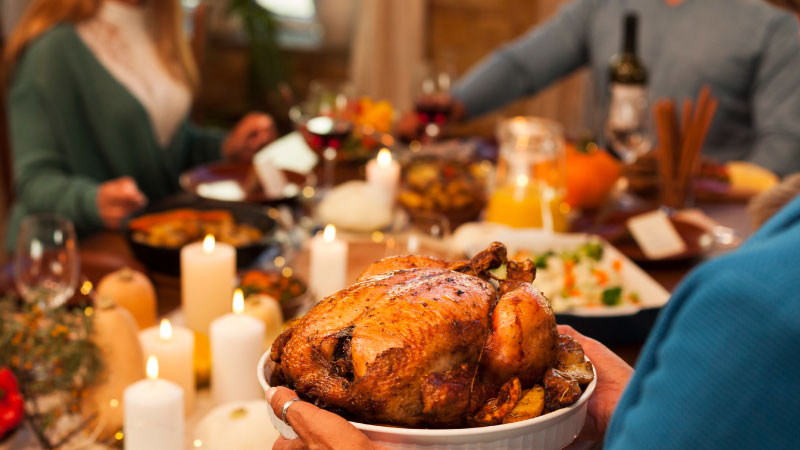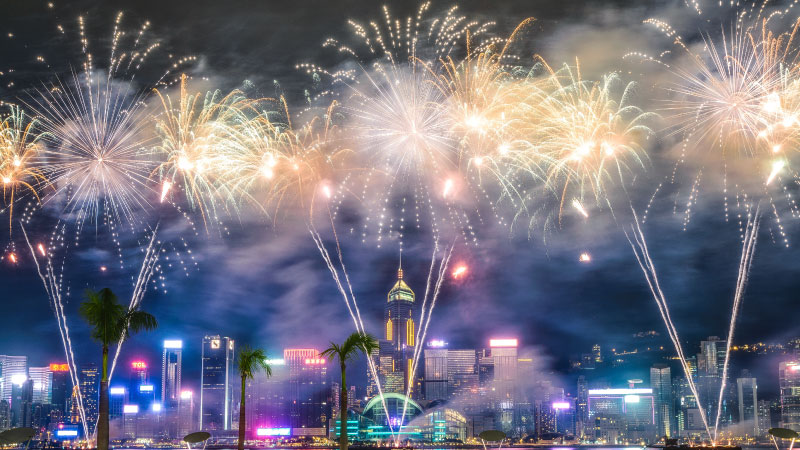Seasonal and holiday events have an almost magical quality, transforming ordinary moments into extraordinary experiences. From festive decorations and unique traditions to themed activities and special menus, these events provide a wonderful opportunity to connect with others and create lasting memories. Whether it’s the cheerful buzz of Christmas, the warmth of Thanksgiving, or the vibrant celebrations of cultural festivals, seasonal events offer something special for everyone. This article delves into the world of seasonal and holiday events, exploring their significance, planning tips, and how to make the most of these celebrations.

The Significance of Seasonal and Holiday Events
- Cultural Heritage and Traditions: Seasonal and holiday events often have deep cultural roots. They offer a chance to celebrate and preserve traditions that have been passed down through generations. For example, Diwali in India signifies the triumph of light over darkness, while Halloween in the United States has evolved from ancient Celtic rituals into a modern-day celebration of all things spooky.
- Community and Togetherness: These events bring people together, fostering a sense of community and shared experience. Whether it’s a local holiday parade or a global celebration like New Year’s Eve, these gatherings create bonds among participants and strengthen community ties.
- Economic Impact: Seasonal events can significantly boost local economies. Holiday shopping, special events, and festive tourism contribute to increased business for restaurants, hotels, and retail stores. For example, cities like New York and Munich are renowned for their holiday markets, which attract visitors from around the world.
Planning a Successful Seasonal or Holiday Event
- Define Your Goals and Audience: Before diving into planning, it’s crucial to define the purpose of your event and understand your audience. Are you aiming to create a festive family gathering, a corporate holiday party, or a community festival? Tailoring your event to your audience’s interests and preferences will set the stage for success.
- Choose a Theme: A well-chosen theme can add a cohesive and memorable touch to your event. Themes can range from classic holiday motifs, like snowflakes and reindeer for Christmas, to more specific ideas such as a ‘Vintage Thanksgiving’ or a ‘Winter Wonderland’. Your theme will influence decorations, activities, and even the dress code.
- Plan Ahead: Seasonal and holiday events often require more planning than regular events due to increased demand and the need for special arrangements. Start planning well in advance to secure venues, vendors, and permits. This will also give you ample time to organize marketing and promotional activities.
- Decor and Atmosphere: The right decor can transform any space into a festive wonderland. Consider elements like lighting, table settings, and themed decorations that align with your chosen theme. For example, a Halloween event might feature cobwebs and jack-o’-lanterns, while a summer festival could include vibrant floral arrangements and outdoor games.
- Engage Your Guests: Interactive elements and activities can enhance the experience for your guests. Depending on the event, you might include activities such as holiday-themed crafts, live entertainment, games, or photo booths. Engaging your guests helps create a lively atmosphere and ensures that everyone has a memorable time.
- Food and Beverages: Seasonal and holiday foods play a significant role in many celebrations. Tailor your menu to reflect the season and theme of your event. For instance, a winter holiday party might feature hot cocoa and gingerbread cookies, while a summer event could offer fresh fruits and barbecue.
- Entertainment and Activities: Entertainment options should complement the theme and target audience of your event. Options include live music, DJs, dance performances, or even themed workshops. For family-friendly events, consider activities like face painting or storytelling sessions.
- Safety and Accessibility: Ensure that your event is accessible to all guests and adheres to safety regulations. This includes providing adequate signage, ensuring venues are wheelchair accessible, and having first aid services available if needed.

Making the Most of Seasonal and Holiday Events
- Capture the Moments: Don’t forget to document the event through photos and videos. These memories can be shared with attendees, used for future promotions, and cherished long after the event has ended.
- Get Feedback: After the event, seek feedback from attendees to understand what went well and what could be improved. This will provide valuable insights for planning future events.
- Incorporate Trends: Stay updated with current trends in seasonal and holiday celebrations. For example, sustainable practices are becoming increasingly popular, and incorporating eco-friendly elements can resonate well with modern audiences.
- Follow Up: Engage with your attendees after the event through thank-you notes, social media posts, or follow-up surveys. This helps build lasting relationships and keeps your event in their memories.
Seasonal and holiday events are more than just dates on the calendar; they are opportunities to celebrate, connect, and create lasting memories. By carefully planning and embracing the unique elements of each season or holiday, you can craft experiences that resonate with your audience and bring joy to all involved. Whether you’re hosting a small gathering or a large-scale festival, the magic of these events lies in the details and the moments shared. So, roll up your sleeves, get creative, and let the festivities begin!



